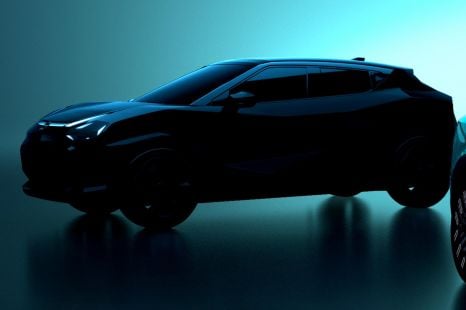

Damion Smy
Nissan Juke EV will use Leaf platform, due in 2026 - report
2 Hours Ago

News Editor
A second carmaker has quit the Federal Chamber of Automotive Industries (FCAI) this week, blaming the peak body for car brands in Australia for its messaging on proposed federal emissions regulations.
In a letter to the FCAI, Polestar Australia boss Samantha Johnson says the FCAI’s commentary on the Australian Government’s preferred option for the New Vehicle Efficiency Standard (NVES) “may have irrevocably damaged consumer perception and trust in the proposed policy”.
Polestar resigned from the FCAI today, following Tesla quitting the group earlier this week.
“The brand cannot in good faith continue to allow its membership fees to fund a campaign designed to deliberately slow the car industry’s contribution to Australia’s emissions reduction potential,” said Ms Johnson in her letter.
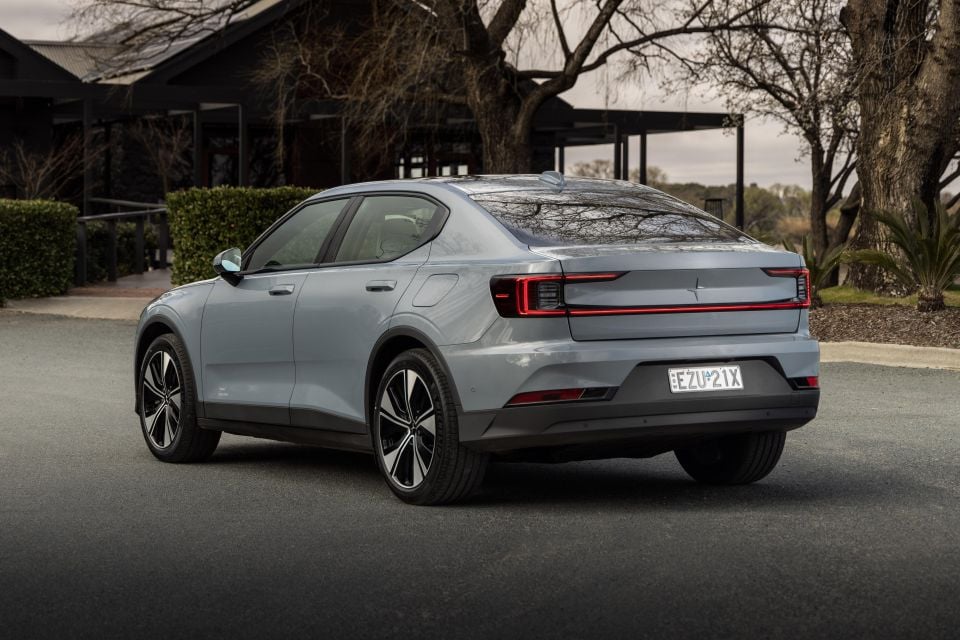
“Claims by the FCAI and its members of significant price hikes in response to the proposed Standard are over-blown.
“The FCAI has not released the full modelling underpinning its assertion; to the general public or to its own members. Rather, it appears that the FCAI has cherry-picked what it thinks will progress the position of only some members.”
She cites the Grattan Institute’s submission to the Government on the NVES, which says “the average price of lower-emissions vehicles may increase, but on average by about only 1 per cent”.
“When the FCAI commits to representing all voices in the automotive industry, fairly, Polestar will consider returning as a full member,” concludes Ms Johnson in her letter.
CarExpert understands quitting the FCAI doesn’t necessarily prevent Polestar or Tesla from publishing sales data in the FCAI’s monthly VFACTS reports.
BYD, for example, isn’t an FCAI member but its sales figures are published in VFACTS reports.
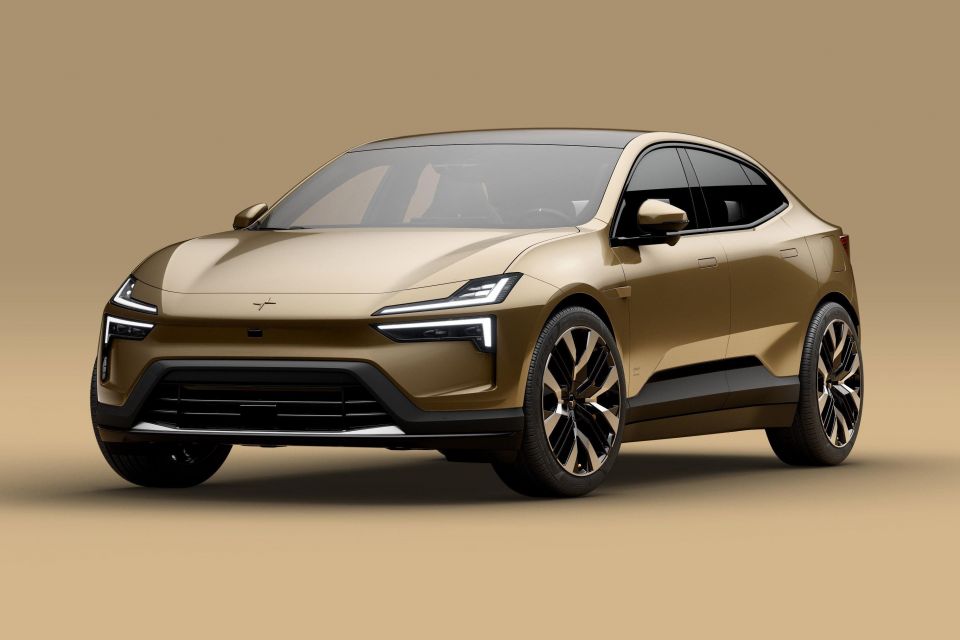
Tesla has confirmed its sales will continue to be published in VFACTS reports up until July, when its membership with the FCAI will cease.
If its sales reporting disappear from VFACTS, however, at face value it will appear electric vehicle (EV) sales will have taken a sharp dive as Tesla is far and away the market leader in EVs.
The disappearance of Polestar from these reports won’t make anywhere near as large an impact.
Tesla sold 46,116 vehicles in Australia last year, well ahead of second-place BYD (12,438 sales).
Polestar was all the way down in eighth place with 2463 sales, behind BMW (2990) but ahead of Hyundai (2417). It does, however, have new vehicles coming in the Polestar 3 and 4 SUVs.
In response to Tesla quitting the group earlier this week, the FCAI said it continues to support emissions regulations, but argued the timing and scope of the NVES is “unprecedented”.
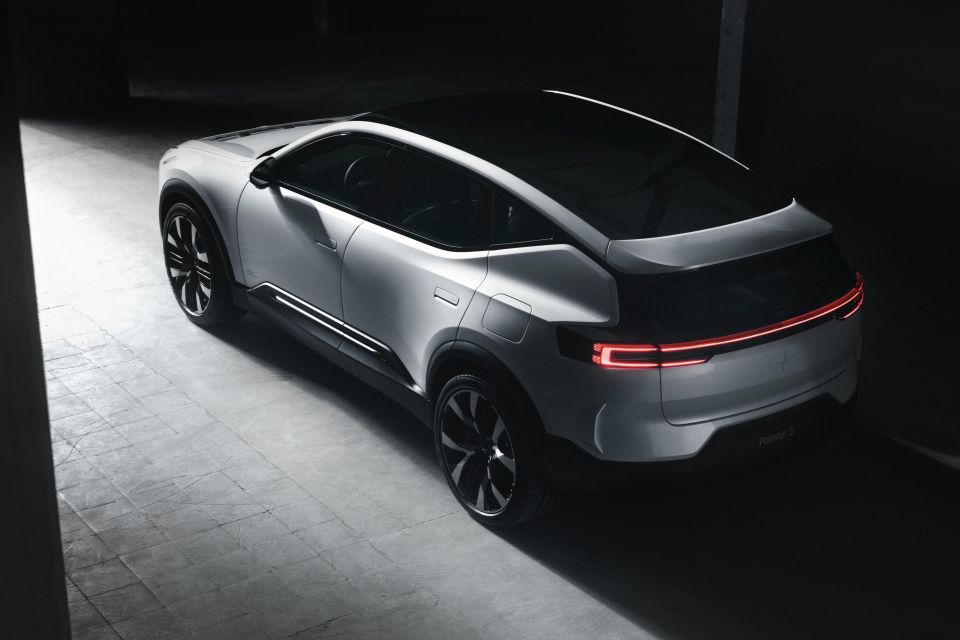
“FCAI must act in the interests of the Australian automotive industry and Australian car buyers. FCAI and its members represent more than 50 brands and over 350 vehicle models from battery electric vehicles, plug-in hybrid and hybrids to petrol and diesel drivetrains,” said a spokesperson for the FCAI.
“For more than 10 years we have been calling for an ambitious new vehicle efficiency standard that is right for Australia. It needs to reduce emissions while ensuring low and no emission vehicles are accessible and affordable to all Australians.
“FCAI cannot support a standard that in the short-term might meet the needs and pockets of those at the premium end of the market while potentially hurting businesses and families who may be forced to deal with less choice and higher prices next time they buy a new car.
“The timing, targets and penalties of the Government’s current proposed standard are unprecedented. There needs to be change, but it must be at a rate that the industry and consumers can support.
“The FCAI will continue to work with its members and governments across the country to deliver the world’s best technology in terms of engine performance, safety, environment and connectivity to all Australians.”
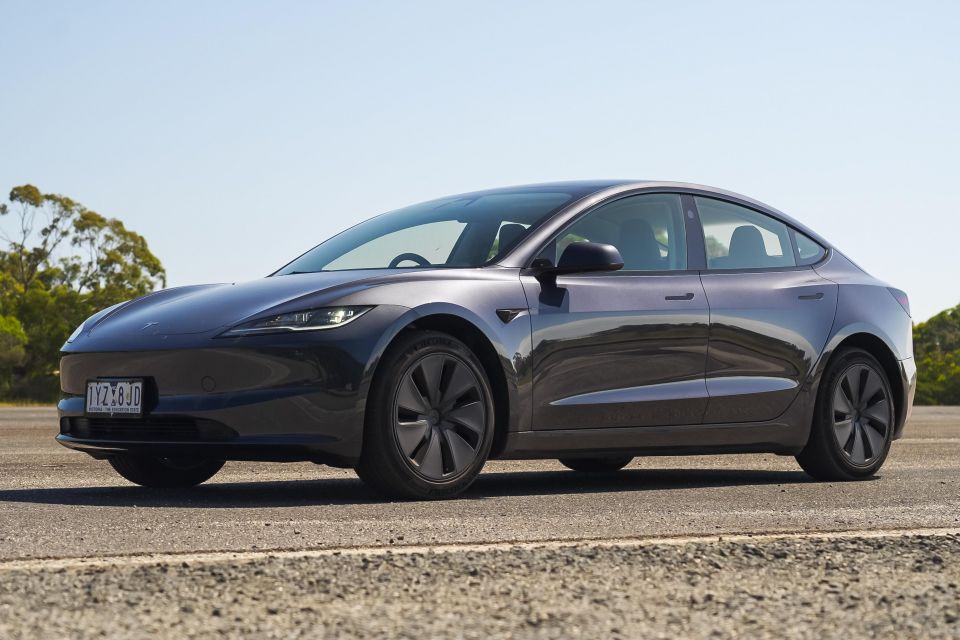
Polestar supports the Government’s preferred option (Option B), which is little surprise given it – like Tesla – exclusively sells EVs, and as such it will be in a position to sell credits to other companies.
Numerous carmakers with a mix of different powertrain types, including Hyundai and Volkswagen, say they support Option B – albeit with some modifications.
Volkswagen, for example, wants large SUVs to be included with light commercial vehicles such as utes and for ‘supercredits’ to be applied whereby EVs are counted multiple times. Other changes it’s calling for include a lower penalty rate and a grace period prior to implementation.
Other companies, like Mazda and Toyota, have been more vocal in their opposition to the Government’s preferred option.
Toyota has said Option B would punish “middle Australia” and result in price hikes, as it can’t sell enough low-emitting hybrids and zero-emissions EVs to offset its large SUVs.
Mazda has called the preferred option “very ambitious”, and instead called for regulations to come into effect somewhere between 2030 to 2035.
MORE: What Australia’s biggest car brands have to say about tough new emissions standards MORE: Car industry cautious about Australia’s proposed vehicle efficiency standards MORE: Tesla quits carmaker lobby group, slams it on the way out MORE: ‘Aggressive’ emissions standards will mean price hikes, hurt ‘middle Australia’ – Toyota MORE: Mitsubishi: Emissions standards can’t forget about ‘middle Australia’ MORE: Mazda pumps the brakes on Australian efficiency standards, calls for subsidies MORE: Nissan backs new emissions laws but calls for incentives, regulatory reform MORE: Carmakers, lobby groups go to war over cost of emissions standards to new car buyers MORE: Volkswagen’s wish list for Australian emissions standards revealed
Where expert car reviews meet expert car buying – CarExpert gives you trusted advice, personalised service and real savings on your next new car.
William Stopford is an automotive journalist with a passion for mainstream cars, automotive history and overseas auto markets.


Damion Smy
2 Hours Ago
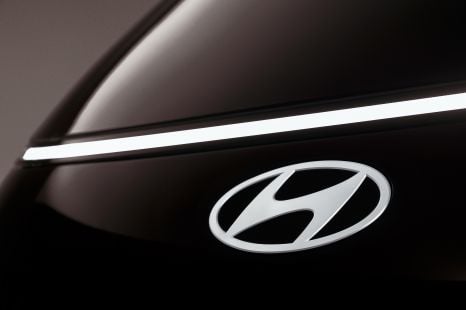

Damion Smy
5 Hours Ago
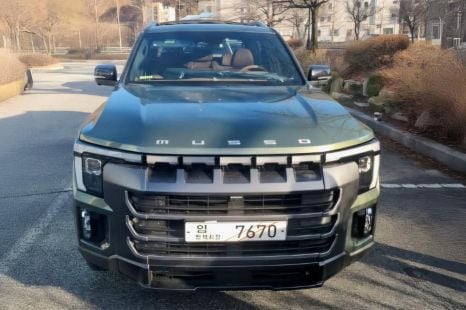

Damion Smy
8 Hours Ago
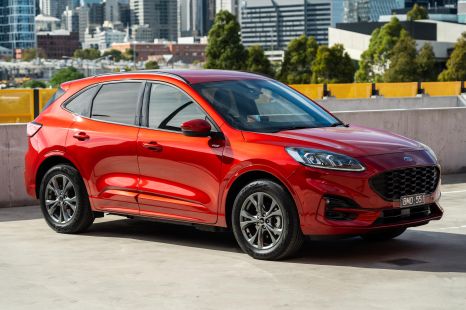

Damion Smy
10 Hours Ago
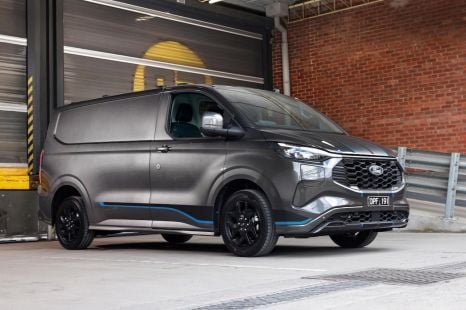

Damion Smy
10 Hours Ago
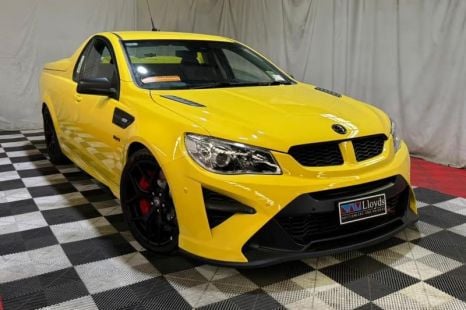

Damion Smy
11 Hours Ago